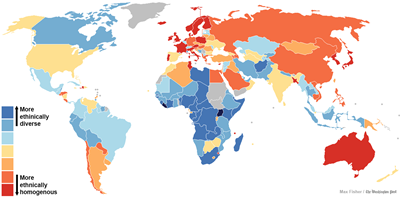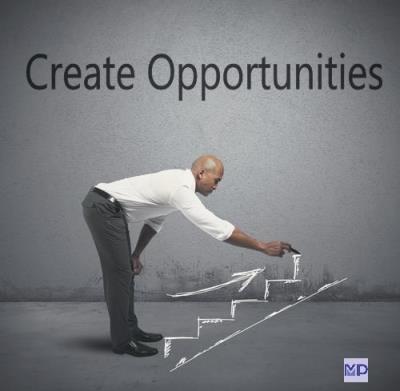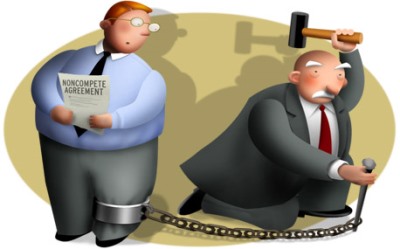In this interesting summary of an interview of Paul Graham, Y Combinator founder: ‘Paul Graham on why he doesn’t like seeing college-age and younger founders‘, the point is made why founders should not be too young – and not too old as well.
 The point is made on the basis of the relatively wide sample of start-ups that have been accelerated by Y Combinator, and their final outcome. It is important to mention that reference is made here specifically to ‘startups with a potentially exponential development‘ as usual in this kind of post (ref our post ‘How The Definition of Entrepreneurship and Start-Up Can be Confusing’).
The point is made on the basis of the relatively wide sample of start-ups that have been accelerated by Y Combinator, and their final outcome. It is important to mention that reference is made here specifically to ‘startups with a potentially exponential development‘ as usual in this kind of post (ref our post ‘How The Definition of Entrepreneurship and Start-Up Can be Confusing’).
Paul Graham considers too young founders (i.e. still in high school) often do not consider a sufficient range of options because of their lack of experience, which leads to less success, and that it is not a good thing to encourage them to dive into a founder’s life too early.
On the other hand, he sees people that have too long an experience in a corporate structure – typically more than 20 years – not well suited either to the founder role, probably because of the work habits they will have developed.
The interesting part is that he sees determination and intelligence to be two highly required skills, with determination coming first. It takes a lot of energy to be a founder, and that is another reasons why founders in their 20’s and 30’s are preferred by Y Combinator. Again, this applies to a certain kind of start-ups and does not preclude people of other age-ranges to be a founder – and there are always exceptions to the rules!











